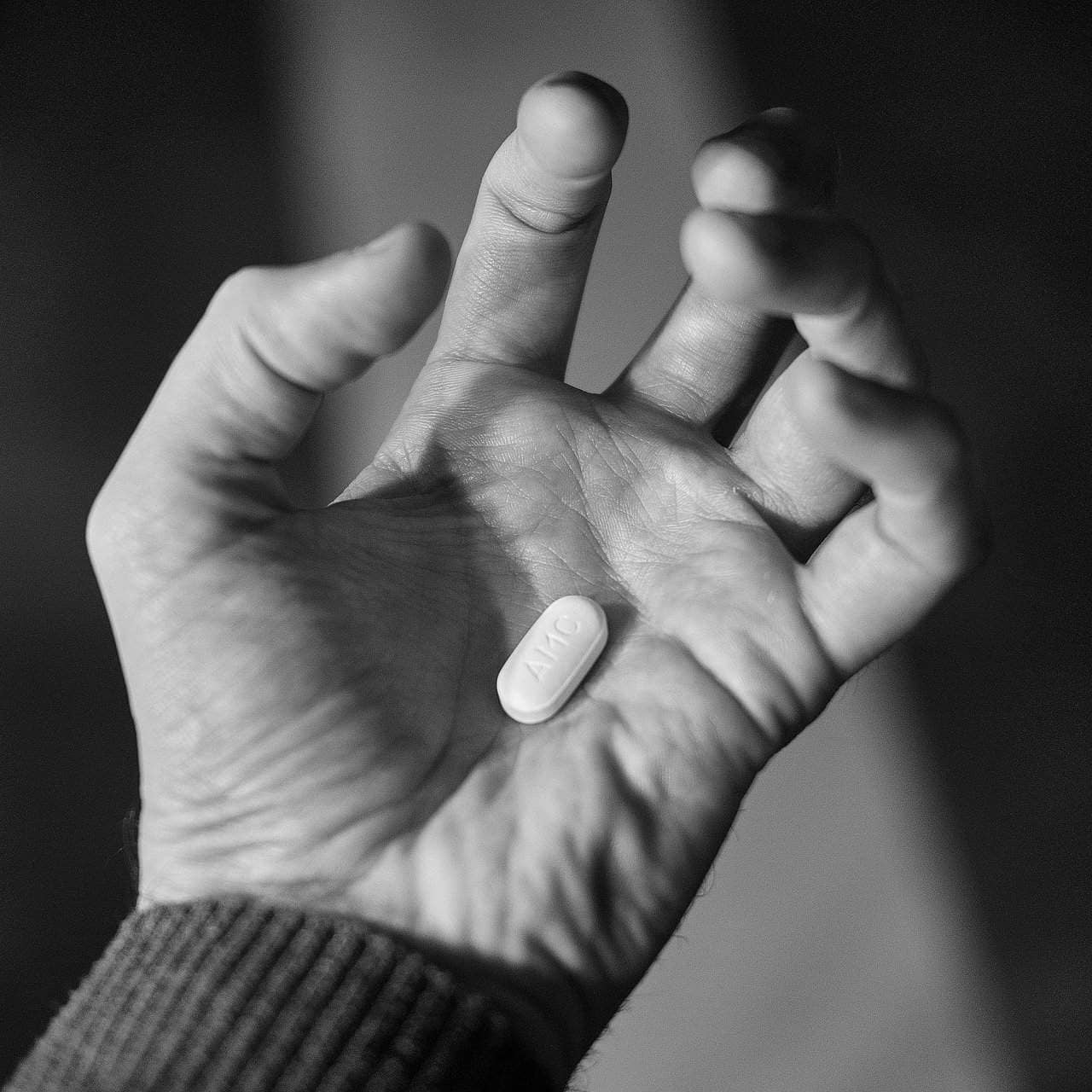“Time is a precious commodity. Be sure to invest it wisely.” So says Henry Blackaby – and he has identified my days well – just see what fits for you in his description:
These days we are bombarded with opportunities that entice us to invest our time and energy. Each day the voices of urgency cry out for every available moment. So many causes promise that time spent on them will reap great rewards….
Would it surprise you, as it did me, that he wrote this in 1998? Wow – I tend to think it is just getting worse and worse in these last few years but did not recognize how long it has plagued me. And he is right. So I guess I should not be surprised when he pointed me back to scripture –
“Pay careful attention, then, to how you walk—not as unwise people but as wise—making the most of the time, because the days are evil.” Ephesians 5:15-16 Note: Ephesians was written about 60 A.D.
Whew! I am not alone. Or uniquely under attack – it is common to man, I guess. Then maybe scripture has some help for me. How can I figure out what to do — now, here, today?
Blackaby describes well the pickle I find myself in – and I don’t appreciate the “fool” description, but honestly it is getting my attention. As he says…
A fool makes unwise choices with his time. With every new opportunity that comes along, the fool chases off in a different direction, not questioning whether that is the best choice. The loudest voice gains his attention. At some point the fool discovers to his dismay that he has squandered the investment of his time.
I do keep dipping back into an excellent resource that has helped me greatly – David Allen’s book Getting Things Done. I know it works, but it is hard to make sure I keep making his system a priority to help manage my “pile” that is growing rather than dissipating.
I think it has something to do with the “in” basket part of my problem. Here is how David Allen put it — “A foolproof way to create resistance to stretching into new and wonderful places for you is to maintain a sense of overcommitment. And one of the surest ways to allow that feeling is to lose track of what your commitments are.”
He teaches a weekly review method that would be really helpful if I would use it more consistently. As he says, doing that review “regularly over time—awakens your self-regulating mechanism. Knowing how overcommitted you are really is very different than being afraid of how overcommitted you are!”
David offered up this quote – and I had to read it a couple of times – it is soooo true:
“The enemy often tries to make us attempt and start many projects so that we will be overwhelmed with too many tasks, and therefore achieve nothing and leave everything unfinished. Sometimes he even suggests the wish to undertake some excellent work that he foresees we will never accomplish. This is to distract us from the prosecution of some less excellent work that we would have easily completed. He does not care how many plans and beginnings we make, provided nothing is finished.” – St. Francis de Sales
I go back to the scripture “….making the most of the time, because the days are evil.” We certainly live in an environment that makes great demands on our time. And yes, it feels evil when I am getting attacked by all that I have not accomplished or still remains undone.
So why am I bringing this to you? This blog is supposed to be about the body and health.
Well, guess what? Maintaining a sense of overcommitment and struggling with managing time to address that long, long list is STRESSFUL. And stress harms our body, big time.
You can find so many sources saying the same thing – chronic stress puts your health at risk – it can wreak havoc on your mind and body. Here’s a quick summary of the explanation from the Mayo Clinic staff.
Our body is made to react to stress in ways meant to protect us from predators and other aggressors – that used to be lions & tigers but in today’s world it is too many demands on our time, our huge workload, paying bills without enough to go around or taking care of family.
For the quick run-down (and seeing the potential harm), here is how I capsulized the natural stress response info shared by Mayo Clinic:
- Threat shows up – the hypothalamus at brain’s base sets off alarms
- Through nerve & hormonal signals, the adrenal glands release surge of hormones (like adrenaline and cortisol) Note: adrenaline makes the heart beat faster, causes blood pressure to go up & may give more energy. Cortisol increases sugar/glucose in bloodstream enhancing brain’s use of it, increasing substances that repair tissue but it also slows nonessential functions, changes immune system responses and suppresses digestive system, reproductive system and growth processes
- This complex natural alarm system also communicates with the brain regions that control mood, motivation and fear
- Once a perceived threat has passed, hormones return to typical levels (adrenaline & cortisol levels drop, heart rate & blood pressure return to typical levels and other systems go back to regular activities)
BUT…when stressors are always present and you always feel under attack, that fight-or-flight reaction stays turned on. The result? Here’s what Mayo Clinic staff says:
Long-term activation of the stress response system and too much exposure to cortisol and other stress hormones can disrupt almost all the body’s processes. This puts you at higher risk of many health problems, including:
- Anxiety
- Depression
- Digestive problems
- Headaches
- Muscle tension and pain
- Heart disease, heart attack, high blood pressure and stroke
- Sleep problems
- Weight gain
- Problems with memory and focus
That’s why it’s so important to learn healthy ways to cope with your life stressors.
Nope – I won’t leave you hanging on this one. I myself went back to Blackaby who had a perfect example for me. He helped explain that “days are evil” statement. He made me stop and assess that “in” basket thing I was recognizing…
“In our zeal to please God and advance His kingdom, we Christians often take on responsibilities God never intended us to have – One of the great challenges of the Christian life is determining what God does not want us to do! Sometimes, our good intentions cause more harm than good.”
He used Moses as his example. Remember? Moses was responding to the Israelite’s need for someone to settle disputes – they were former slaves and needed to learn how to live together as the people of God. But here’s the problem – there were long lines of unhappy people standing before him every day, day after day. As Blackaby explained, “Moses was taking on more than he could handle. He was wearing himself out trying to do what was impossible for one person.”
It was Moses’ father-in-law, an outsider, who finally challenged Moses about taking on too much. In fact, more than he could handle so he was wearing himself out. In response, Moses “wised up” and distributed the judging work among capable and trustworthy men. They would bring only the most difficult cases to Moses.
Duh! Am I being a Moses? Thinking I have to do it all myself? And, as Blackaby pointed out, Moses was robbing others of an opportunity to serve the Lord. That was a disservice to his people who otherwise could have had their issues resolved much sooner.
Blackaby sums it up this way. When you become aware of a need, do not automatically assume God wants you to meet it….only if God clearly tells you it is His will. If you are feeling overwhelmed by all that you are doing, you are probably doing more than God has asked. Pray carefully about the assignments you take on, so that you don’t rob yourself and others of God’s best.
Here’s my (and you can use it for yours, too) call to action: sit down, take a deep breath blowing it out slowly, then pray for the Lord to lead you, and start writing down a full list of the things you have committed to do. Yes, I am serious. Then pray over that list asking the Lord to direct you to what is yours to do and what is not!!
May you find a shorter list and a less stressful life!!
Food and dietary supplement products sold by Youngevity are intended to contribute to the daily diet and overall health and are not intended for use in the prevention, treatment, mitigation, or cure of any disease or health-related condition. Individuals who have or suspect they have an illness or who wish to commence a diet or exercise program should consult an appropriately licensed health care practitioner for a medical history evaluation, diagnosis, treatment, and health recommendations.



